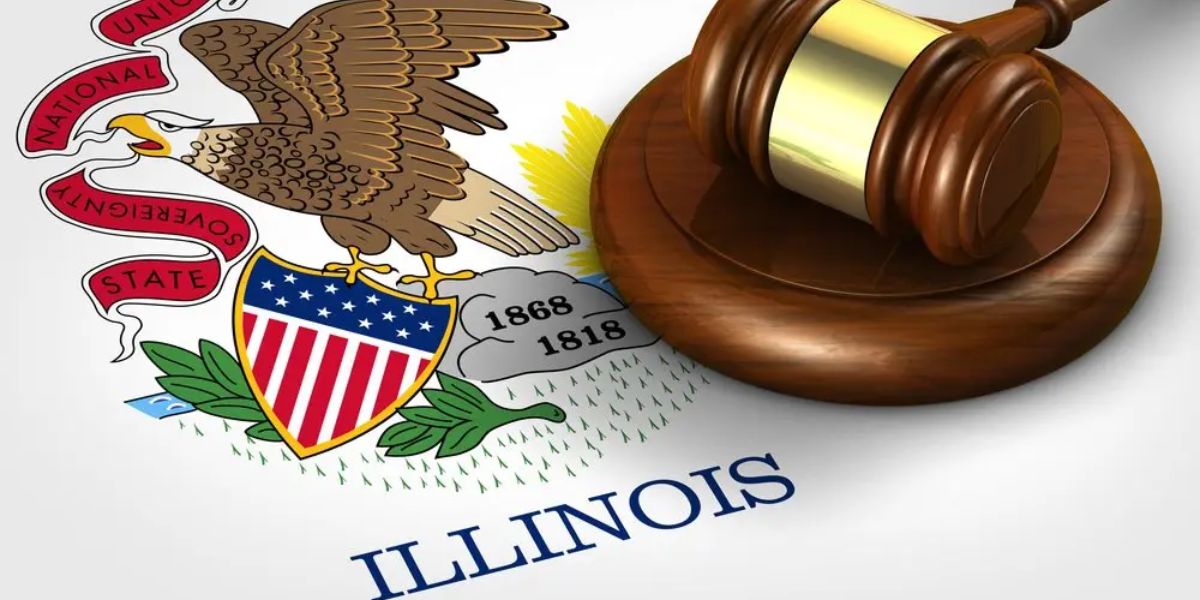In Illinois, as in many states, young people are eager to enter the workforce—whether to earn extra spending money, support their families, or gain experience.
However, state labor laws are designed to ensure that minors can work safely and responsibly, without compromising their education or well-being. That means understanding the legal working age, who needs a work permit, and what jobs come with restrictions is essential for both teens and their employers.
Here’s a closer look at how Illinois regulates youth employment, including permits, job types, and hour restrictions.
What Is the Legal Working Age in Illinois?
In Illinois, the minimum legal working age is 14 years old. Children younger than 14 are generally prohibited from working, except under very limited circumstances, such as working in entertainment (with proper permits) or certain family businesses.
For those 14 and older, employment is allowed—but with clear restrictions intended to protect younger workers from hazardous conditions or overwork.
Who Needs a Work Permit?
Anyone under the age of 16 who wants to work in Illinois must obtain an employment certificate, commonly known as a work permit. This document is required by state law and is designed to ensure that the work does not interfere with the minor’s education or health.
How to Get a Work Permit:
- Find a Job – The teen must first receive a job offer.
- Visit a Designated Issuing Officer – Typically located at the minor’s school or local school district office.
- Submit Required Documents – This includes proof of age (birth certificate), a completed application from the employer, and parental permission.
- Interview and Review – A school official will review the job duties and make sure the work is safe and appropriate.
- Receive the Certificate – Once approved, the minor receives a work permit that must be kept on file by the employer.
Work permits are only valid for the specific job and employer listed, so any job change requires a new permit.
What Jobs Are Restricted for Minors?
Illinois law strictly regulates the types of work that minors can perform. The goal is to protect young workers from hazardous conditions, dangerous machinery, and adult-only responsibilities.
Prohibited Jobs for Those Under 16:
- Construction or demolition work
- Operating heavy machinery (like forklifts or tractors)
- Using power-driven equipment (such as slicers, grinders, or saws)
- Working in manufacturing plants or warehouses
- Jobs in mining, logging, or roofing
- Handling or serving alcohol
- Driving motor vehicles or delivery services
Additional Restrictions for Those Under 18:
Even 16- and 17-year-olds are barred from certain dangerous jobs. They cannot:
- Work in explosive manufacturing
- Operate most industrial baking equipment
- Work in meat processing plants
- Operate certain power tools or pressurized equipment
While older teens are allowed more job options, Illinois still limits their exposure to risk-heavy work environments.
Where Can Teens Work?
Despite the restrictions, there are plenty of job opportunities available for teens in Illinois. Common places of employment for younger workers include:
- Retail stores
- Grocery stores (bagging, stocking, or cashiering)
- Fast food and restaurants (as hosts, bussers, or food prep—not cooking with open flames)
- Amusement parks
- Summer camps
- Movie theaters
- Office or clerical work
These jobs are generally considered safe, and they often offer flexible hours to accommodate school schedules.
Working Hours for Minors
Illinois law also sets strict guidelines for the number of hours a minor can work.
For Minors Under 16:
- During the school year: Maximum of 3 hours on school days and 8 hours on non-school days
- Weekly limit: Up to 24 hours per week during school weeks; 48 hours when school is out
- Permitted hours: Between 7 a.m. and 7 p.m. (extended to 9 p.m. from June 1 through Labor Day)
Minors are also required to have a 30-minute meal break if working more than 5 consecutive hours.
Penalties for Violating Child Labor Laws
Illinois takes child labor laws seriously. Employers found violating these laws can face fines, penalties, and even the suspension of their business licenses.
Common violations include:
- Hiring minors without permits
- Assigning prohibited tasks
- Allowing minors to work too many hours
- Failing to provide required breaks
Parents, schools, and employers all play a role in ensuring the law is followed.
Empowering Teens with the Right Start
For many young people, their first job is an exciting step toward independence and adulthood. Illinois aims to protect them by regulating when, where, and how they work. By understanding the legal requirements—like work permits and job restrictions—teens, parents, and employers can work together to create a safe and positive employment experience.
Whether it’s bagging groceries at the local store or scooping ice cream during summer vacation, teen jobs can offer more than a paycheck—they offer life lessons, skills, and opportunities for growth.







